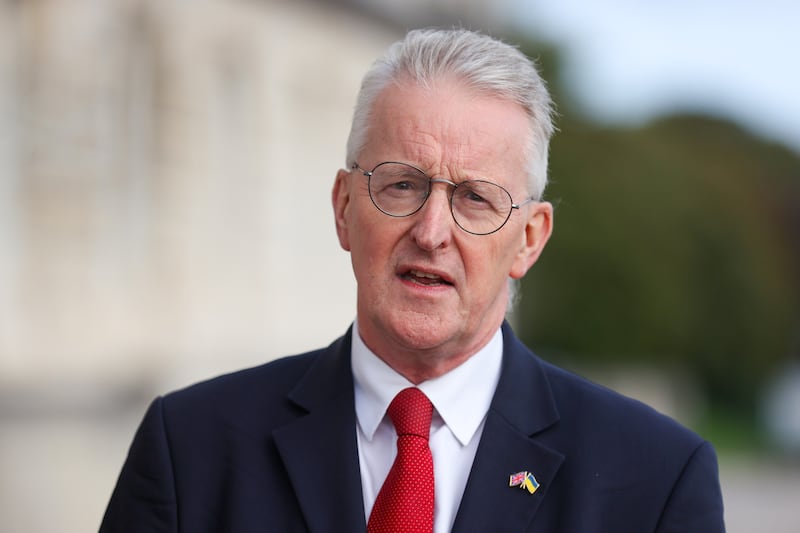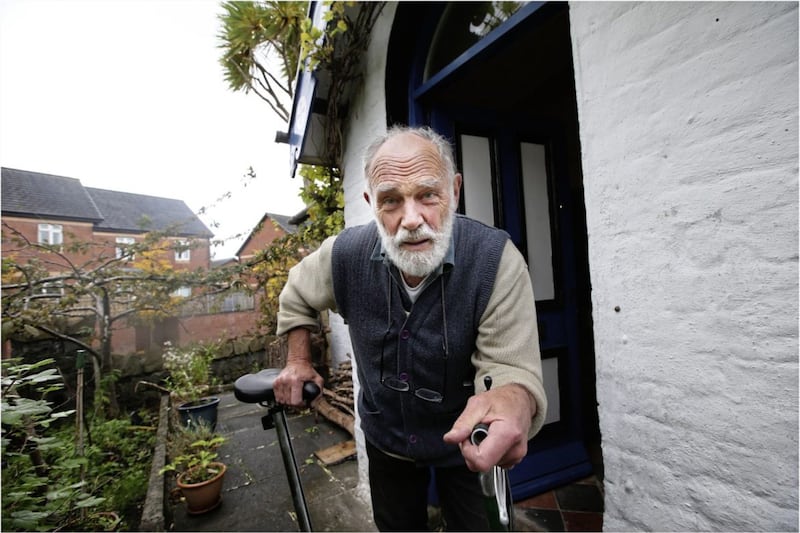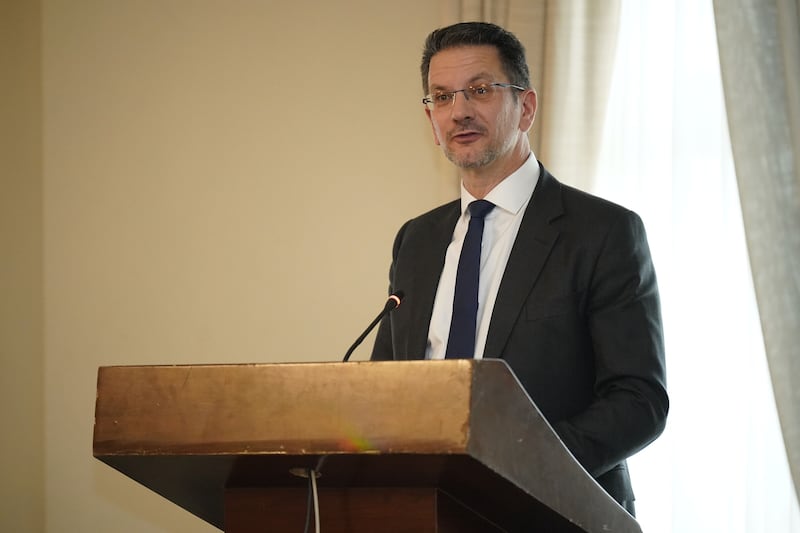Journalist David Rieff recalls reporting on the Bosnian war in a 1993 visit to Vuk Draskovic, the Serb leading opposition to the Slobodan Milosevic regime. As he was leaving, one of Draskovic's young aides pressed a folded piece of paper into Rieff's hand.
It simply bore the date 1453, the year Orthodox Constantinople fell to the Muslim Ottomans. Essentially, the young man taking up arms was inspired by events 500 years earlier.
We know only too well how the sores of history can overshadow a clear picture of the here and now. As a result of viewing things through the prism of its past, unionism is in a bad place just now and unable to recognise the exponential change that has taken place in society here.
This was supposed to be the month that the DUP returned to Stormont, but those hopes are long gone. At one time it would have appeared surreal to imagine a Northern Ireland in which mainstream unionism would refuse to take their seats in their bastion of power, much less suggest they could withdraw their support from the police.
It begs the question, can this ever be a place where everyday issues are paramount? One would have thought that making Northern Ireland work for everyone in an increasingly diverse society would be the minimum requirement for those advocating the continuation of the Union.
Read more:
Brian Feeney: Do the DUP or NIO really believe what they're saying?
Claire Mitchell: What might Protestants bring to the Irish reunification debate?
Centenary stone a monument to failure and political dysfunction
Last week, I received this message from a friend from a unionist background who is not usually given to intemperate language: "The country is f***ed. Health, infrastructure, policing, government, it's all broken. If I had to do it all again I would have encouraged the three kids to all move away. It's that depressing."
My friend is from Fermanagh, where figures in last week's Impartial Reporter revealed that homelessness is "a massive problem", an issue often associated with more rural areas. But with the waiting list for social housing up 50 per cent, the charity Action for Children is warning that cuts in government funding will exacerbate problems for many families.
Other charities in the county report further burgeoning demand from families reluctantly seeking help for buying school uniforms and putting food on the table.
Fermanagh is an area of isolation, where people went on to the streets to fight for hospital services and in common with other areas it suffers from the myriad social issues in the cost-of-living crisis.
But the protocol, but the protocol...
I'm involved in a small discussion group with people from a unionist or Protestant background which meets regularly for confidential discussions. There's a deep sense of exasperation at the lack of political will in dealing with problems which affect people across the board.
One of them messaged me recently: "I wonder would our group examine ways in which our community could promote investment in health, infrastructure, education and employment. This could be done in a pan-Border way by asking what is best for this area, north and south, if the Border did not exist."
Another member described this approach as "the levelling up agenda for Border areas, regardless of nationality and sovereignty".
The DUP's anti-protocol abstentionist tactic has, in the short term, held off the challenge of the TUV and their vote has held to an extent. But as the party struggles internally over returning to Stormont, the drift is further alienating a section of the Protestant community.
The warning for unionism is that these are the very people who will be crucial in deciding if there will be constitutional change across the island. At an Ireland's Future event last year, I was a member of a panel of five people from a Protestant background which discussed such a possibility. In considering how things might change, I borrowed a line from Ernest Hemingway: "Two ways. Gradually then suddenly."
A founding member of the DUP, Wallace Thompson now says he is prepared to sit down with nationalists and discuss the possibility of a new Ireland that would appeal to unionists.
Significantly, he says that when he speaks to people in unionist parties, the loyal orders and churches, many will say he's right, but they cannot say so publicly.
It's symptomatic of the denial by many within unionism, whether that be the bigger picture future or addressing the more immediate issue of making people's lives better.
Like the young Serb recalling a date half a millennium ago, there are plenty of people in unionist circles who would scribble a date on a piece of paper to inspire them. But this isn't 1690. Or 1912. Or 1974. Or even 1916, the year of the Somme, with its burden on this generation's shoulders of "letting down the men who went over the top for you".
History is important in any culture, but it won't hold back the tide. Remember and change, says peace builder Jean Paul Lederach.








